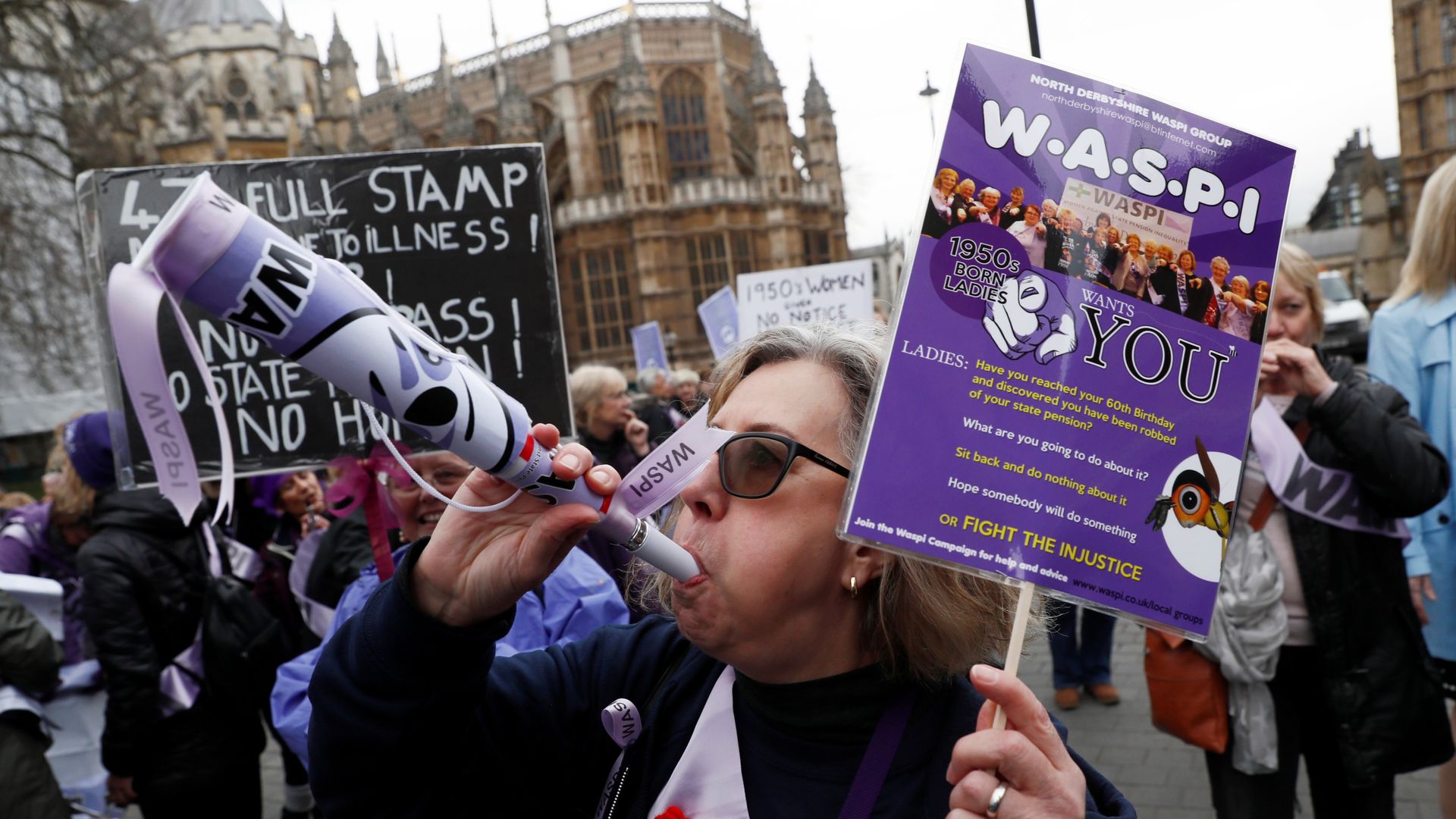
The BDN Opinion section operates independently and does not set newsroom policies or contribute to reporting or editing articles elsewhere in the newspaper or on bangordailynews.com.
Jacob Posik is the director of communications at Maine Policy Institute, a free-market think tank headquartered in Portland.
The First Session of the 131st Legislature is underway. Quickly, bills are being printed and lawmakers are settling into their roles as representatives of the people.
At the outset of each Legislature, lawmakers can accept the “Joint Rules” as they exist, adopt new ones, or make changes. The Joint Rules are the policies and procedures by which all lawmakers and legislative committees must abide. They help set decorum and legislative process, and are intended to make the inner workings of the Legislature clear and straightforward to lawmakers and the public.
But the Joint Rules also allow for legislative shenanigans. Veterans of the State House know what kind of trickery is possible. But lawmaking shouldn’t be a game of gotcha and one-upmanship. It should be transparent and accessible to everyone involved, including lawmakers, lobbyists, and most importantly, Mainers.
That’s why it’s time lawmakers amend the Joint Rules to the benefit of the public.
On the first day of session, lawmakers in both chambers proposed rule changes that would increase public transparency and confidence in the legislative process. Both are worthy reforms that should be adopted by the Rules Committee at its next meeting.
HP 7, sponsored by Rep. John Andrews, R-Paris, would change how bills are reported out of committee before moving to the full Legislature. Andrews’ proposal requires bills that involve spending and state revenues to be accompanied by a completed fiscal note before a committee makes its recommendation. Currently, a committee can give an “Ought to Pass” designation to a bill without its fiscal note being completed and published for public consumption at the time of the committee vote.
No lawmaker should cast a vote in committee on a bill without knowing its cost, and the public deserves to know its fiscal impact before it reaches the desk of their elected officials. Fiscal information could inform how members of a committee vote on a bill, or whether a citizen encourages their lawmakers to support or oppose it.
This reform ensures lawmakers and the public know how a bill would affect the state’s bottom line before votes are cast. It’s a straightforward proposal that deserves to become part of the Legislature’s regular order.
SP 10, sponsored by Sen. Rick Bennett, R-Oxford, would change Joint Rule 208 to eliminate what are called “concept drafts.” Concept drafts are bills that consist of only a title, and rarely a reliable summary of what it entails.
They allow lawmakers to put forward an idea, but unlike other bills, they’re not required to immediately disclose the official legislative language to the public–either because the idea only exists in concept, or because the sponsor doesn’t want the public to see the language in advance of the public hearing.
Take, for example, LD 20 this session, “An Act to Further Protect Survivors of Economic Abuse,” sponsored by Rep. Jessica Fay of Raymond.
The bill’s text and summary is as follows: “This bill is a concept draft pursuant to Joint Rule 208. This bill proposes to further protect survivors of economic abuse.”
Sounds great – who doesn’t want to protect survivors of abuse? But what exactly does the bill propose to do?
At the public hearing for bills submitted as concept drafts, the sponsor often releases the official language for the first time to the public and testifies in its favor. Rarely is the language made available to the public long enough in advance for anyone else to meaningfully testify. In effect, concept drafts shut Mainers out of their only opportunity in the legislative process to provide input on a bill.
Unfortunately, concept drafts are frequently used as placeholders for politicians’ pet projects, or to intentionally shield their contents from the public. For instance, LD 837 in the 128th Legislature appeared to be a placeholder bill for budget negotiations. However, since a different legislative vehicle was used for the budget that year, this concept draft was modified to raid the Fund for a Healthy Maine to partially implement Medicaid expansion.
Nobody besides the sponsor truly knows why a concept draft exists, what its true purpose is, or what the future plans are with it. That’s not how the legislative process should work.
Both parties are responsible for these kinds of shenanigans over the years, but that doesn’t mean they should continue. Mainers deserve better.










